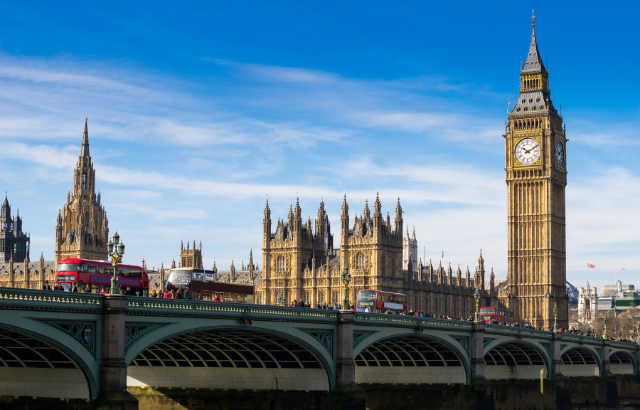OPINION: The fading promises of COP28
'Most voters are likely at this year's UK general election to prioritise the cost of living and crumbling public services over climate action.' - Tim Bale

New Year's resolutions are, as we all know, exuberant promises too often forgotten by mid-January. Likewise, the tenuous commitments made at COP28 already sound a little flat. And with elections taking place all over the world in 2024, you have to wonder how much they will impact parties' manifestos this year.
Let's hark back to early December when two weeks of COP negotiations wrapped up. If you're struggling to recall what was agreed, you're not alone. In negotiations, language is everything and the call for a "transition" away from oil, gas and coal was as good as it got. But let's be clear – a vague pledge to "transition" is a far cry from an explicit plan to rapidly phase out these climate-destroying fuels.
The irony – and, many would say, the hypocrisy – of the UAE hosting wasn't lost on anyone. The Emiratis owe pretty much their entire wealth to fossil fuels and they, along with the other petrostates, fought hard behind the scenes to water down language around their precious oil and gas.
In fact, fossil fuel producers were arguably the biggest winners, escaping COP28 without any enforceable commitments to wind down production. Smaller at-risk nations received token loss and damage payments – a drop in the (rising) ocean compared to their adaptation needs.
So where does this leave us? After two weeks of talks, the world remains way off course when it comes to making the emissions cuts science says we need and vague "transition" rhetoric offers little hope of getting there anytime soon. Our climate emergency demands radical action, yet COP28 brought only more incrementalism – not great news, especially when we’ve just learned from the EU's Copernicus Climate Change Service that between February 2023 to January 2024 the world reached 1.52C of warming, making last year the first year-long breach of the limit set in Paris in 2015.
Does this mean all hope is lost? The UK boldly claims climate leadership, but lags in domestic efforts, denting its credibility. And while public concern grows, most voters are likely at this year's general election to prioritise the cost of living and crumbling public services over the climate action they know is necessary, but they fear may hit them too hard in the pocket – one reason why Keir Starmer’s opposition Labour Party seems to have joined Rishi Sunak’s Conservative government in scaling back its green commitments.
Some of our Queen Mary academics who travelled to COP point out that while political progress disappoints, meaningful commitments are happening in business, law, agriculture and health. On the global political stage, the green agenda is still playing only a relatively minor part, and democracy seems unlikely to award it a starring role any time soon.
Related items

10 December 2024

9 December 2024

6 December 2024